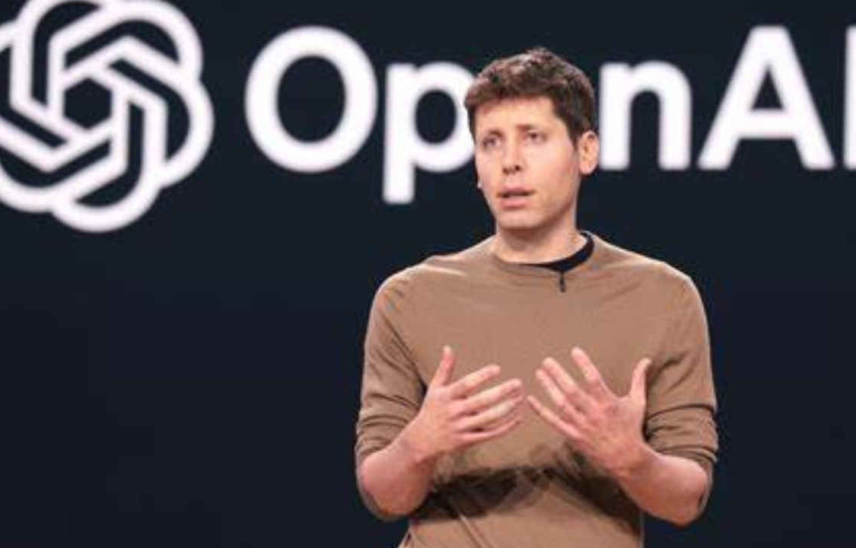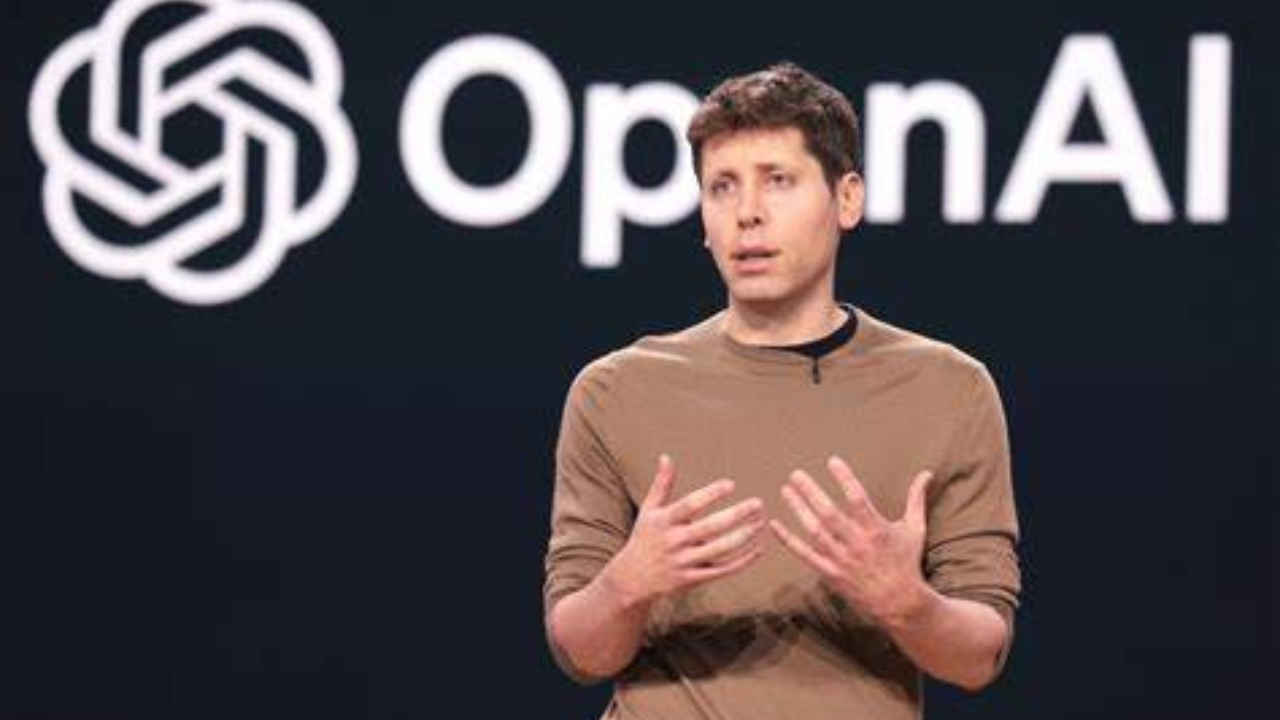
- Home
- Managed Services
- Cyber Security
- Blog
- About Us

We 365 Admin Support, just simplify your IT problems
Call for a free support. +91 96666 59505Platform Partnership
- Who We Help
- Shop
- Contact
- News






HIGHLIGHTS
Table of Contents
ToggleIn a recent twist, Sam Altman, the CEO of OpenAI, has made an astonishing announcement that has raised eyebrows across the tech community. During a period when the digital literary scene was buzzing, particularly with a surge in users attempting to generate various images through ChatGPT, Altman pointed out a negligible yet significant behavior that was inadvertently costing OpenAI enormous sums in operational expenditure. Users expressing politeness through phrases like ‘please’ and ‘thank you’ have collectively contributed to a staggering financial burden on OpenAI’s energy costs.
This revelation came amid a vibrant conversation on social media when a curious individual on X (formerly Twitter) queried Altman, asking, “How much money has OpenAI lost in electricity costs from users saying ‘please’ and ‘thank you’ to their models?” Altman’s response was both humorous and eye-opening: “Tens of millions of dollars well spent.” He further added with a lighthearted touch, “You never know.”
Altman’s comments throw light on the increasing energy demands and the infrastructure necessary for maintaining large-scale language models like ChatGPT, especially with their soaring adoption rates. Every interaction, no matter how trivial it may appear, translates into significant computational requirements. This, in turn, amplifies energy consumption and hiking operational costs for OpenAI.
As the usage of ChatGPT continues to rise, the average number of weekly active users has exceeded an impressive 150 million. A report from Goldman Sachs reveals that each query submitted to ChatGPT-4 consumes approximately 2.9 watt-hours of electricity. This consumption is about ten times that of a conventional Google search. With an astounding tally of over one billion queries processed each day, the energy consumption mounts to nearly 2.9 million kilowatt-hours daily. Such massive usage underlines the ongoing evolution of AI and its integral role in our daily routines.
As users increasingly turn to AI tools like ChatGPT for everyday tasks, the energy requirements necessary to cater to this demand are escalating. While these trends showcase the incredible potential of AI, they simultaneously highlight the delicate balance of energy management and sustainability that organizations must navigate.
In the midst of Altman’s light-hearted comment about user politeness, various netizens took the opportunity to contribute their own suggestions for reducing electricity expenses. One user suggested that OpenAI could mitigate energy costs by having client-side code that simply responds with an automated “You’re welcome” whenever a user expresses gratitude. Another user humorously proposed that ChatGPT should refrain from ending every response with a question to conserve precious power.
This amusing yet critical discussion illustrates a reality many tech firms face as they strive to manage the operational costs associated with high-demand services. Altman’s reflections are a reminder of the complexities surrounding AI operations, where even the most ordinary user interactions can have a ripple effect on energy consumption and costs.
As AI technology evolves and becomes an integral part of our lives, the economic implications tied to energy usage will surely be a key focal point for companies like OpenAI. Future discussions around sustainability in tech will likely gain momentum as these corporations refine their models to accommodate growing demands while considering environmental impacts. It will be interesting to see how the balance is achieved between the convenience of using AI and the costs associated with powering these advanced systems.